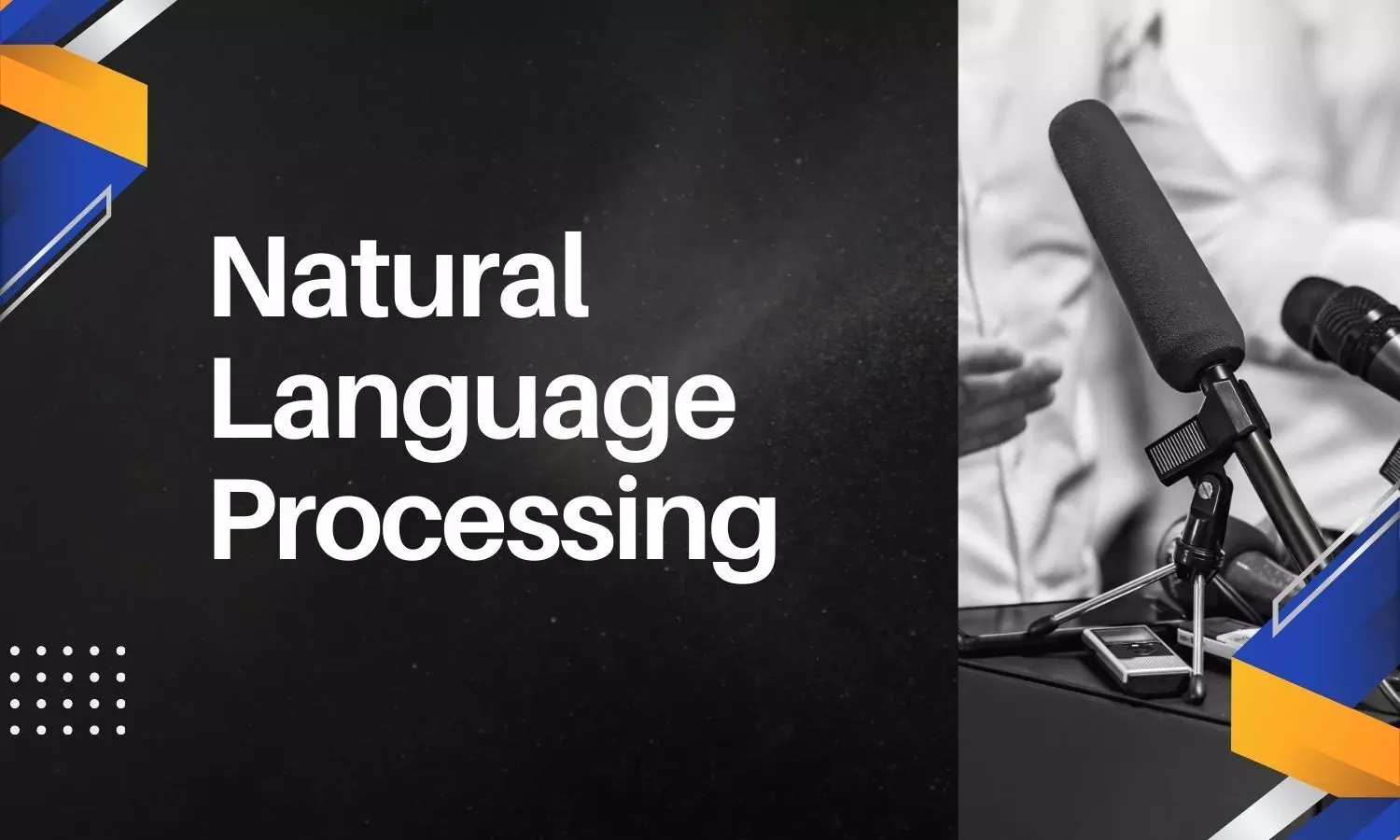Diverse NLP applications: Transforming our digital lives
Given the diversity of its applications, NLP has likely made its way into nearly every industry and the future will certainly witness more advancements in this technology.
Diverse NLP applications: Transforming our digital lives

We are living in the world of Siri, Alexa and Google Assistant, where traversing one's way to a solution has become simpler than ever. From knowing the current weather, a healthy vegan recipe or way to the nearest grocery store, you can simply get all your queries answered by your virtual assistant. All of this has become possible because of natural language processing (NLP). It analyzes human inputs, breaks language-based data and initiates a response.
What is NLP?
Natural language processing is a subset of artificial intelligence that utilises machine learning to allow computers to comprehend and communicate with human language. It analyses human input, evaluates language-based data and initiates a response. Given the diverse nature of NLP, it is being aggressively utilized in various fields ranging from education, IT and healthcare, amongst others. According to Statista, the market size of the natural language processing market is anticipated to reach $1.29 billion in 2024. This statistical figure is a testament to the fact that NLP-enabled applications are projected to grow in the future.
Real-life NLP applications
Predictive text: Predictive text has become so common on our smartphones that we often fail to recognize its importance. This type of text customises itself to your language, providing more accurate responses. Further, based on your typing style and language, it offers word suggestions and replacements in a way that will add more sense to the message.
Virtual assistants: Today, Alexa and Siri have become a staple in modern households. But how do they work? They recognize patterns in speech, identify meaning and initiate an accurate response. These virtual assistants are built using natural language processing and machine learning. What makes them appealing in the modern-day setting is their ability to learn from human conversations and become more accurate over time.
Email filters: One of the initial applications of NLP, email filters recognise certain words or phrases that indicate a spam message. However, thanks to technological advancements, NLP has advanced to classify relevant emails to help individuals organise their inbox better. Particularly with Gmail, it segregates emails into three categories- primary, social, and promotions based on their contents. This feature allows the users to identify appropriate emails and keep their inboxes organized and manageable.
Text summary: Given our fast-paced lifestyles, browsing through truckloads of data is no less than a nightmare. NLP-oriented automatic summarisation offers text synopsis by highlighting key points which makes it easier to scan large volumes of information. This is especially useful for dealing with complex content like scientific papers, news articles, and legal documents.
Sentiment tracking: Amidst this competitive landscape marked by product and service overload, sentiment tracking offers a way for businesses to comprehend consumer opinions on various topics and concepts. With NLP-enabled sentiment analysis, brand owners can evaluate the general sentiment of users around their products, gain insight into the holistic emotion of their target audience and comprehend their brand reputation in the market to create future strategies.
Path ahead
There is no denying the fact that NLP has become part of our existence and its applications are influencing how we operate. Given its diverse nature, it has likely made its way into nearly every field and the future is surely going to be more of it.
With new possibilities that will transform our interactions with technology and assist businesses in reaching new heights, NLP is nothing less than a promise of the future.

